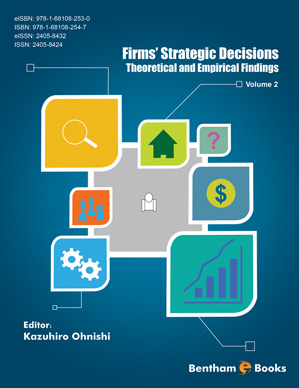Abstract
The basis of our survival must begin with re-building our own communities to be strong and sustainable, based on sociability and mutual support. But communities must also be sustainable in the context of atmospheric CO2 under 350 ppm, which would also limit acidification of the oceans, the limitations of sustainable global energy and resource throughput, and the constraint of a decent and sustainable minimum standard of living for everyone. This means that we must tackle the pervasive issue of economic growth, systemically, at both the local level and the global level. We must reduce carbon-based energy and resource consumption by adopting “de-growth,” “voluntary simplicity,” and “steady-state” economic models that are based on mutual support, cooperative organization, and social responsibility. Constructing a new moral economy is a massive and complex undertaking that includes breaking the chains of consumerism, the long 40-60 hour workweek, and advertising (Speth, 2012; Ivey, 2012). It also means new patterns of governance, both in the public and private sectors (Ivey, 2012; Edwards, 2012; Hacker & Pierson, 2012). Even more significantly, it entails the democratization of wealth (Alperovitz, 2005), and the evolutionary eusocial transformation of the human population in time to abate HIPPO (Habitat destruction, Invasive species, Pollution, Overpopulation, and Overharvesting (Wilson, 2012).
Keywords: Abatement of HIPPO, advertising, carbon-based energy, consumerism, cooperative organization, de-growth, democratization of wealth, economic growth, evolutionary eusocial transformation, new moral economy, new patterns of governance, private sector, public sector, responsible economy, “steady-state” economic model, social responsibility, systemic approach, USA, voluntary simplicity, four-day workweek.









.jpg)


